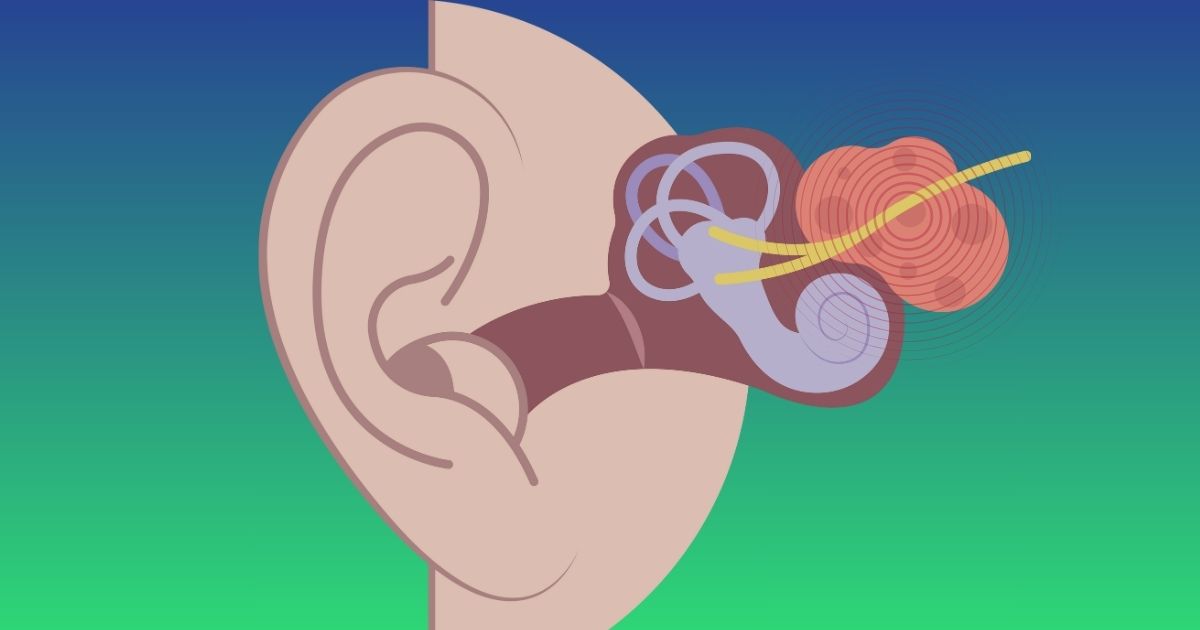May. 01, 2024
I am a “late career” audiologist that specializes in vestibular disorders. It is never boring, as each patient brings with them some mystery, some challenge. There is little that is more rewarding than solving that mystery in a patient that has given up hope after months or years of symptoms with prior incorrect diagnosis and ineffective treatments. On the other















